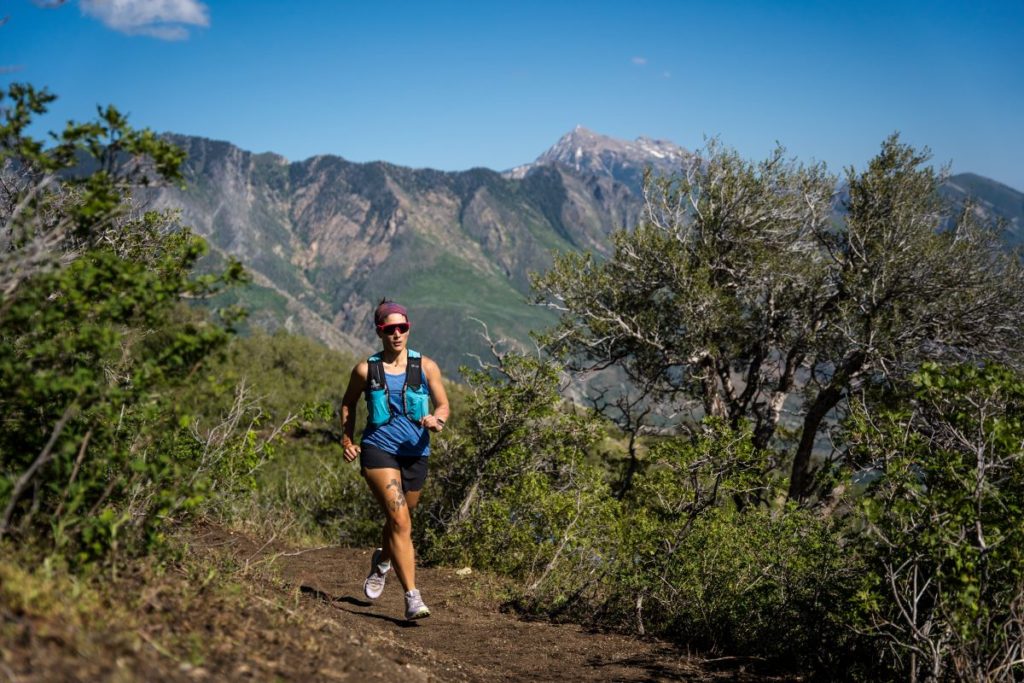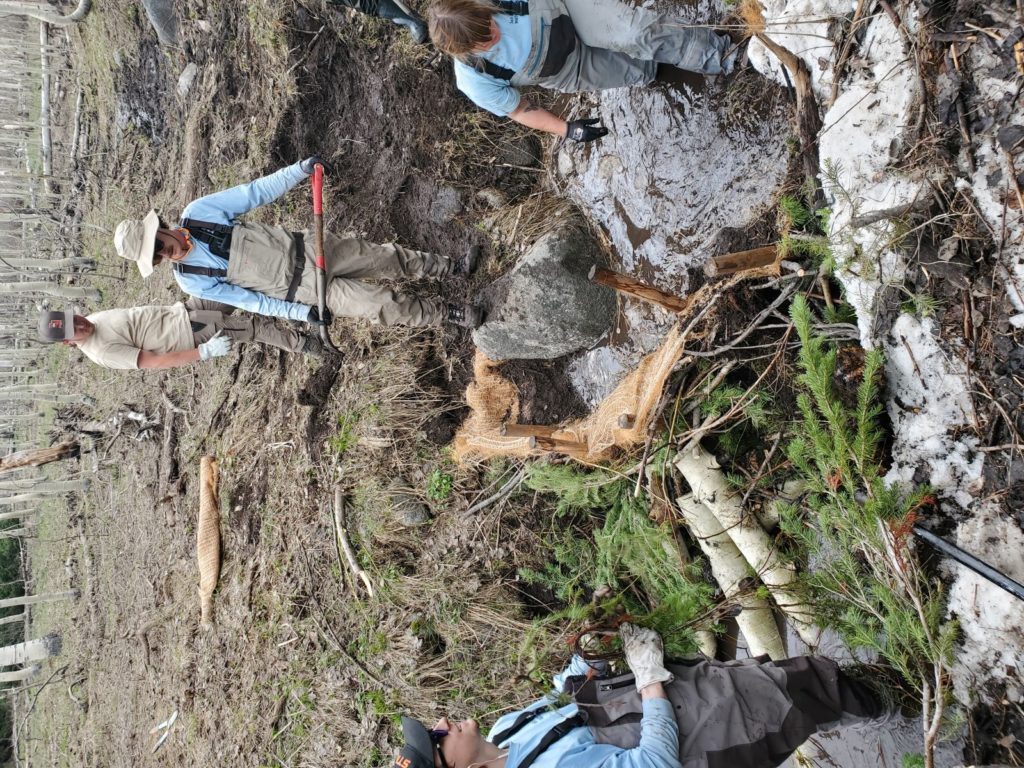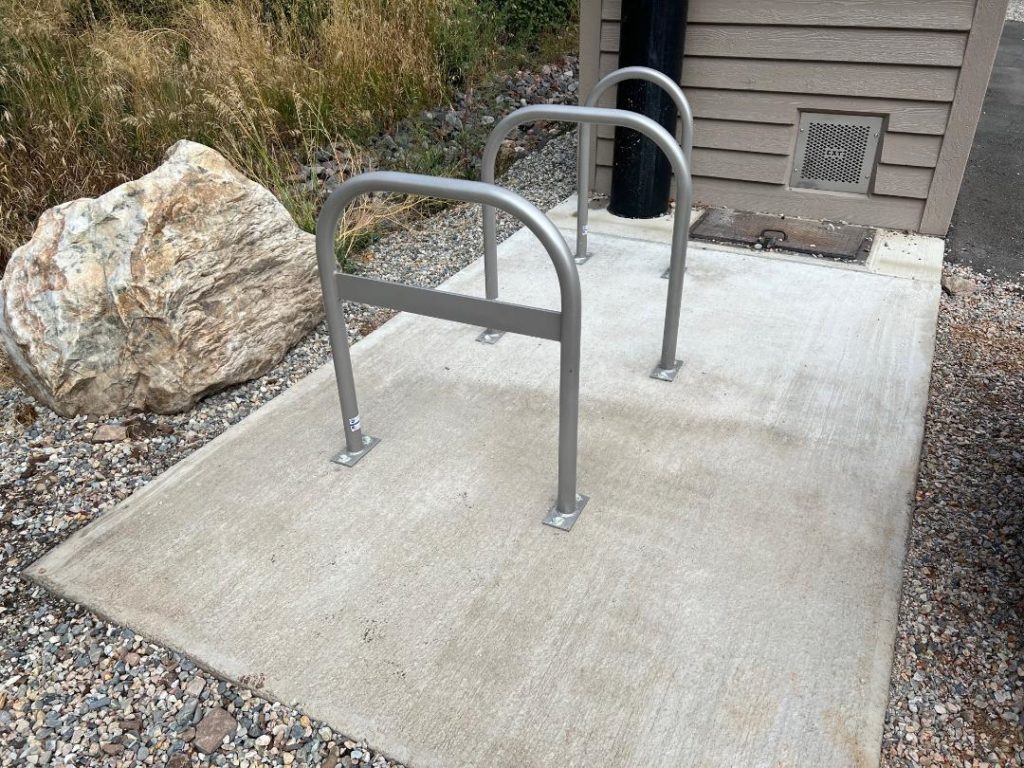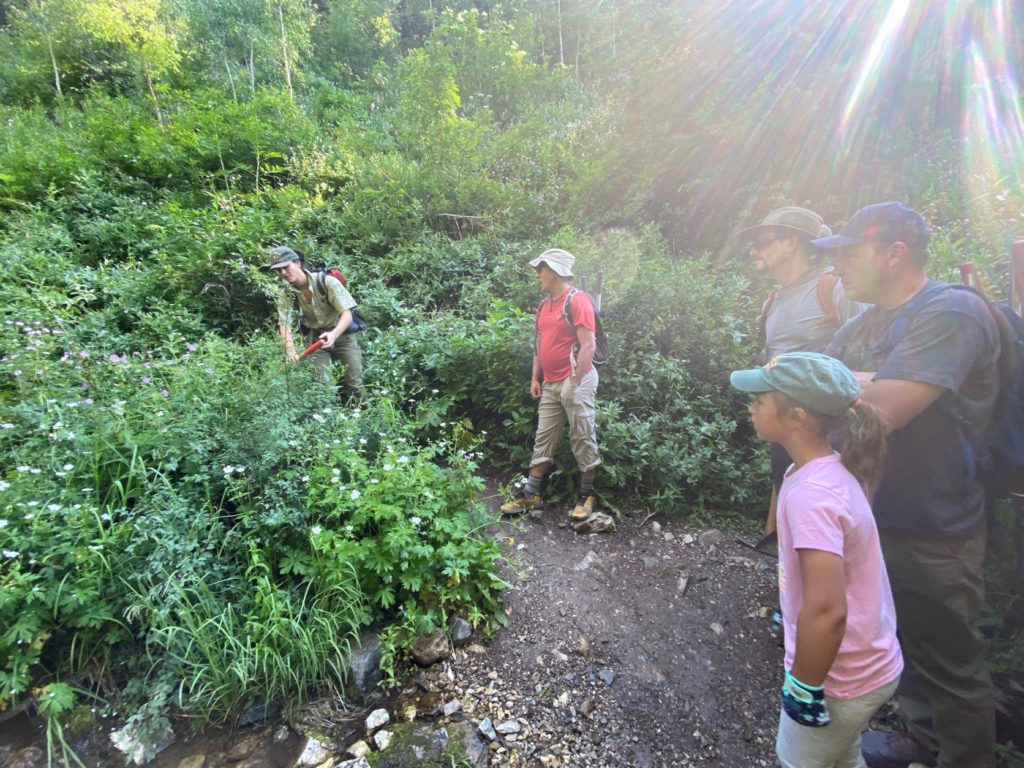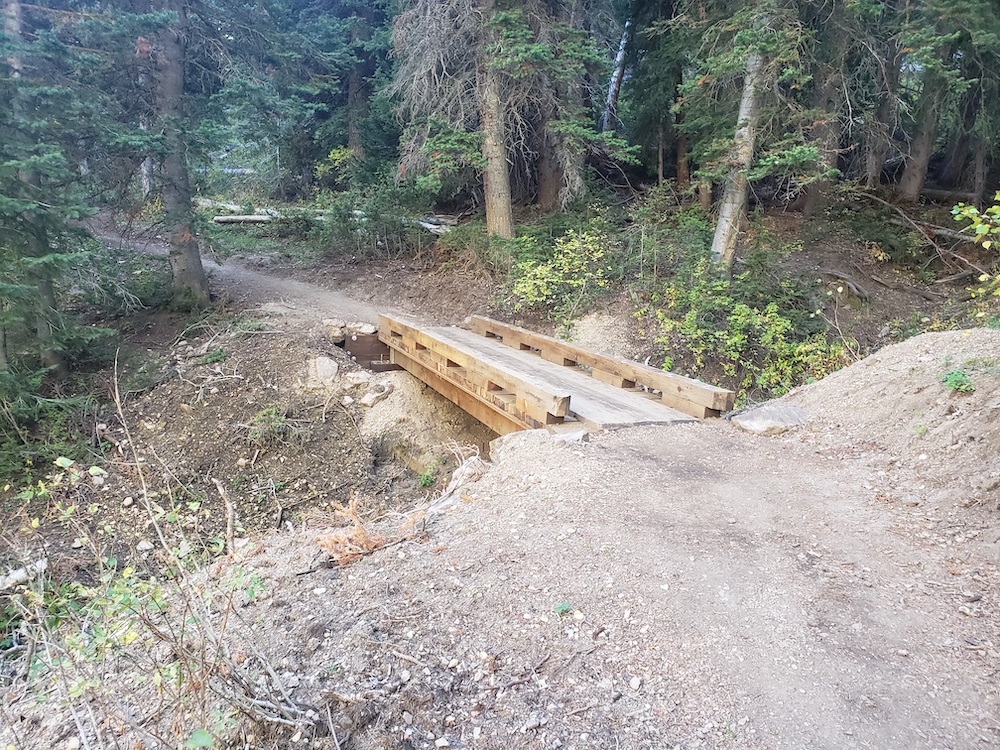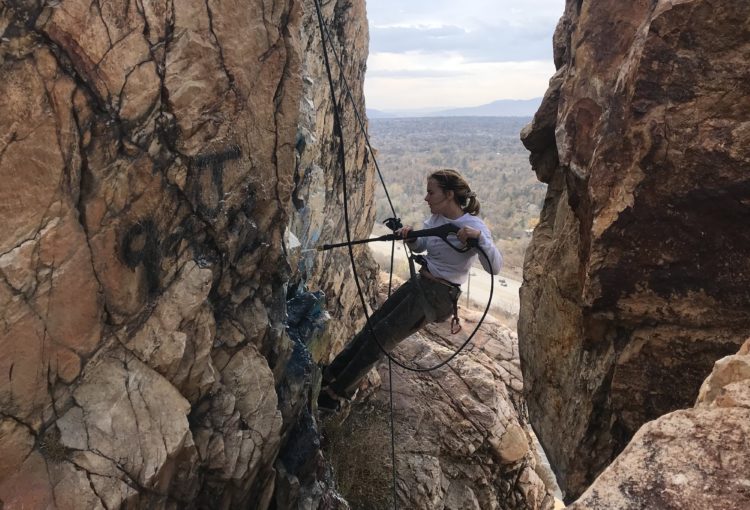Short-Term Projects
Background
The Central Wasatch Commission formed in 2017 through an interlocal agreement and is composed of eight jurisdictions along the Central Wasatch Front and Back: Summit County, Park City, Salt Lake City, Millcreek, Cottonwood Heights, Sandy City, Town of Brighton, Town of Alta, with the Utah Transit Authority and the Metropolitan Water District of Salt Lake and Sandy as ex officio members. Solitude Mountain Resort and Save Our Canyons serve as Special Advisors to the Commission. Its mission is to implement the Mountain Accord which laid out plans for addressing four major issue areas specific to the Central Wasatch Mountains: transportation, economic vitality, environmental sustainability, and recreational stewardship.
Following the 2019 retreat of the Central Wasatch Commission Board, the Commission created the Short-Term Projects Committee that would help further the goals of the Central Wasatch Commission by identifying projects that implement transportation and transit solutions, protect the ecosystems that originate in the Central Wasatch, steward recreational access, and sustain the economic vitality of the Cottonwood Canyons.
Purpose and Eligibility
The purpose of this Call for Ideas is to explore short-term project ideas in the Central Wasatch Commission project area that are largely “shovel-ready” for the Central Wasatch Commission to consider for funding. This means that if funding is received, the project will be ready to break ground with all planning, communication, and permits already completed and obtained at the time of application. Specifically, the project must do each of the following:
- Address one or more of the areas of focus for the Central Wasatch Commission: canyon transportation/transit, environmental protection, recreational stewardship, and/or economic sustainability.
- If the project is proposed to occur on Forest Service land, the project should not require NEPA analysis, or be a project for which NEPA is already completed.
- Have a letter of support from the owner of the land, if both of the following conditions apply:
- The project takes place on land (e.g. trail maintenance, shuttles, signage installation, etc.), whether public or private. (If your project takes place on Forest Service land, you do not need to submit this letter of support, but you must discuss your project with them before submitting your proposal.)
- This is a new project that has not been funded by the CWC in previous grant cycles.
- Have the approval of the appropriate water authority if the project impacts or interacts with the watershed.
- Have the approval of the appropriate road manager if the project impacts or interacts with the right-of-way.
- Have any necessary permits already obtained prior to applying.
- Be able to be implemented and completed within 12 months of contract.
- Not request more than $20,000 total from the Central Wasatch Commission. Projects with dedicated funds from the applying entity or community partners will be given increased weighting during the review process.
- Be proposed by a 501(c)(3) non-profit organization, a community group, or a Utah resident unaffiliated with these groups. Governments are not eligible for this grant, but governments may partner with an eligible party and funds will disbursed to the eligible party. For-profit entities are not eligible.
Eligibility Resources:
- Uinta-Wasatch-Cache National Forest: (801) 733-2660 (most of the lands across the Central Wasatch Front are owned and managed by the Forest Service)
- Salt Lake City Public Utilities: (801) 483-6900 (for proposed projects impacting or interacting with the watershed in Parley’s Millcreek, Big, or Little Cottonwood Canyons)
- Sandy City Public Utilities: (801) 568-7280 (for proposed projects impacting or interacting with the watershed in Little Cottonwood Canyon and Sandy City)
- UDOT: (801) 975-4900 (for proposed projects occurring on or interacting with the roads in Big and Little Cottonwood Canyons, or surrounding roads)
- Salt Lake County: (385) 468-4907 (for proposed projects impacting or interacting with the road in Millcreek Canyon, or any fire/fuels reduction work)
- Park City Public Utilities: (435) 615-5305 (for projects proposed to interact with or impact the Park City watershed)
- Summit County: (435) 602-0308 (for projects proposed on land within Summit County, and outside Park City)
- Utah Division of Natural Resources: (801) 538-7200 (for fuel/fire mitigation work, wildlife projects, etc.)
- Letter of support for landowners
To determine who owns the land that your project will take place on, you can reference the Salt Lake County Land Parcel Map or the Summit County Land Parcel Map.
Please Note
- This Call for Ideas is not a commitment to contract.
- Selected applicants will be invited to submit a full project proposal including a project budget, timeline, and record of decision if NEPA was required for the project and has already been completed to the Central Wasatch Commission for consideration to fund.
- The next Call for Ideas for the Short-Term Projects Grant Program will be open from January 13, 2026 to February 10, 2026.


